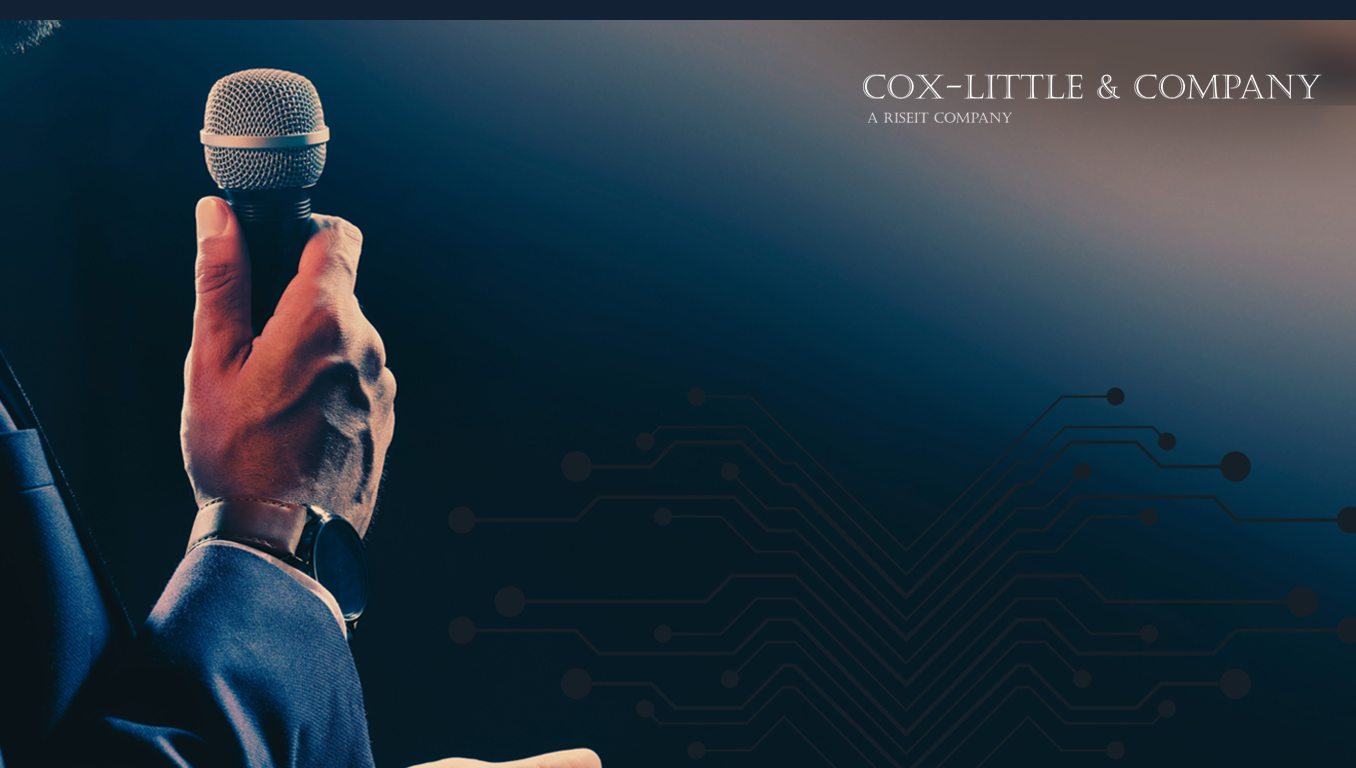
We are closer to 2024, and the NetSuite 2023.2 release is already here with enhancements for users to take full advantage of the platform! We’ve already reviewed the brand-new product updates from the NetSuite SuiteWorld conference and integration trends in our previous blogs. If your company is getting 2024-ready with the NetSuite ERP platform and the latest release notes of NetSuite 2023.2, we recommend reading the ten straightforward reasons our experts think you need to know about moving into the cloud-based ERP system.
The current year was inundated with several trends in the ERP landscape such as cloud computing, increasing AI adoption, awareness about sustainability and environmental, social, and governance (ESG) policies, and combined application of ERP and manufacturing execution systems (MES). Cloud computing has particularly been a topic of interest among ERP users for flexibility, security, and cost-efficiency benefits. The push from the COVID-19 pandemic for companies to adopt remote and hybrid engagement and use data-driven business models buttressed the global shift to cloud-based ERP systems. By paying a subscription fee, companies of all sizes capitalize on the cloud-based ERP platform’s efficiency to maintain a single source of access to data and applications over an internet connection without any IT infrastructure costs, maintenance, upgrades, or patches to the hardware and software!
A recent market research report found that the global cloud-based ERP software solutions market would reach $40.5 billion by 2025. The promising upward trajectory is a result of innovations in advanced AI and GenAI, machine learning (ML), and the Internet of Things (IoT) that bootstrap ERP systems into much more powerful and integrated platforms. NetSuite pioneered cloud-based ERP in 1998. Since then, cloud ERP has evolved leaps and bounds. Its current status quo as a highly integrated platform powered by a unified database for seamless information sharing across business functions is further elevated by several feature expansions and GenAI capabilities embedded in the product suite.
NetSuite boasts of several successful customer journeys to its cloud ERP system with swift deployments, easy migrations, and higher cost savings. If you are still holding on to your on-premises ERP systems, here are some advantages that our NetSuite ERP experts emphasize to set your business or success in the coming year.
Top 10 Benefits of Moving from On-prem to NetSuite Cloud ERP for 2024
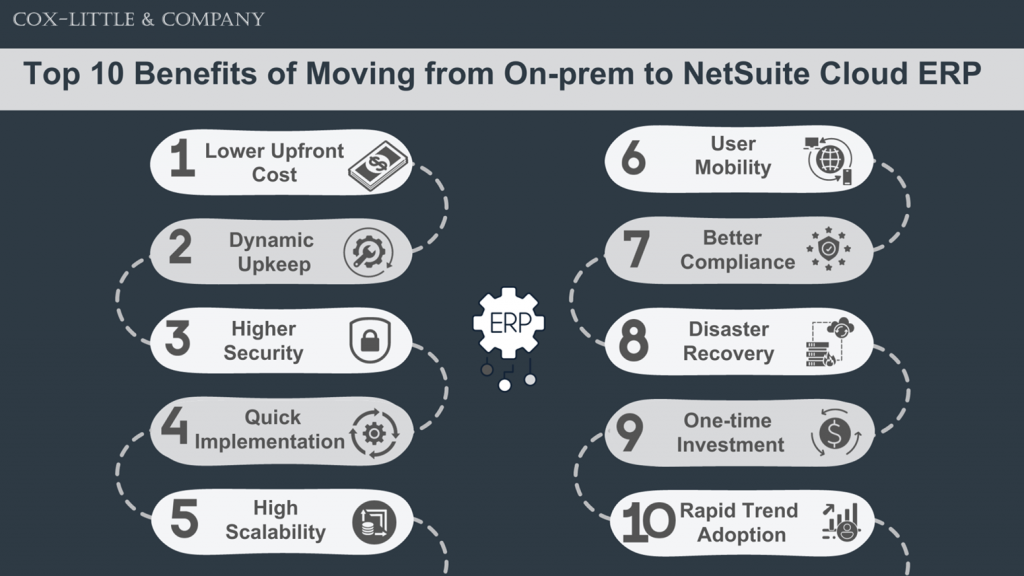
- Lower Upfront Cost: One of the explicit benefits of choosing cloud ERP over on-prem systems is the lower upfront cost. NetSuite’s cloud infrastructure is known for its world-class availability and data management. Since 2022, a few NetSuite products have been running on Oracle Cloud Infrastructure (OCI)’s highly available hardware that includes new-gen CPUs and high-performant Oracle Exadata database hardware. They guarantee the highest level of compliance, security, and data privacy. Users must only pay subscription costs which are at least 20% less than associated hardware and software installation, maintenance, and upgrade costs. Smaller and medium-sized businesses can leverage the cost-efficiency factor while larger companies take advantage of the cloud’s scalable environment to manage their dynamic growth requirements without financial stress.
- Dynamic Upkeep: Users can save a chunk of time and resources for the maintenance and upkeep of the ERP software with NetSuite cloud ERP system. IT staff and managers can skip over the exhaustive assessments about the necessary upgrades and replacements of legacy server hardware, database, or other infrastructure components while also ensuring compliance and adhering to their firm’s security standards. NetSuite’s enterprise-grade, redundant infrastructure provides round-the-clock availability, uptime, and in-built security to help users operate seamlessly without having to engage their in-house IT teams to manage upgrades and maintenance.
- Higher Security: Businesses can expect the highest levels of security for managing sensitive data in the cloud by leveraging NetSuite’s top-notch security standards that make use of strong encryption, role-based access management controls, stringent password policies, multi-factor authentications, and other critical protection features like application-only access and IP address-based restrictions. These standards are far superior to the security options within on-premises ERP systems.
- Quick Implementation: A primary advantage of moving to a cloud ERP platform over an on-premises ERP solution is the quick implementation time. Configuring cloud applications is faster and easier because the hardware and software activation are not managed by the customers. Additionally, NetSuite SuiteCloud Platform enables users to tweak and adapt the platform as per their needs and leverage its tools to customize, test, and build applications. In most cases, cloud ERP implementation takes less than 100 days.
- High Scalability: Organizations using the NetSuite cloud ERP can increase or decrease their usage of the computing, storage, and networking resources to meet their changing business demands and requirements. Unlike on-premises systems’ computing environments, the flexibility of NetSuite cloud ERP helps users quickly scale in just a few clicks or upgrade by paying additional subscription charges without any convoluted and pricey tasks. Moreover, cloud ERP provides the benefit of remote configuration and scale across multiple locations or users without implementation costs to allocate access to every team or department.
- User Mobility: In the always-on era, remote and hybrid styles of working have become the global norm. Employees or users of cloud ERP applications across departments, locations, and devices prefer internet and browser-enabled access that cannot be delivered by on-prem systems and applications. The mobility and anytime, anywhere accessibility with NetSuite cloud ERP helps users stay connected and collaborate without needing a dedicated VPN which is usually the case with most on-premises ERP systems.
- Better Compliance: Businesses do not have to worry about IT and data security and privacy management compliance with NetSuite cloud ERP when they accumulate data. When compared with on-premises ERP, cloud ERP systems are built to improve regulatory compliance by automating business processes, audit trails, and policies and building transparency and accuracy of compliance practices over a centralized platform. NetSuite ERP built-in compliance by design and audit-ready solutions support and empower organizations’ governance, risk, and compliance (GRC) programs on an ongoing basis.
- Disaster Recovery: Data on on-premises ERP systems are at high risk of loss in the event of hardware failure or physical damage caused by flood, fire, or theft. NetSuite supports over 370,000 customers with billions of monthly data requests and interactions. By backing up data across its data centers and round-the-clock dedicated security monitoring, NetSuite cloud ERP is fully designed for disaster recovery and prevention.
- One-time Investment: Companies incur extra costs of upgrading and buying new components for legacy on-prem hardware or hiring resources for end-of-life support. NetSuite cloud ERP’s automatic upgrades, full support, and longevity factors make it a better long-term investment than on-premises ERP solutions.
- Rapid Trend Adoption: Businesses can keep abreast of trending technological evolutions like the use of advanced AI, analytics, ML, and business intelligence tools using NetSuite cloud ERP for better business efficiency and performance outcomes. Users can embrace GenAI capabilities to automate the creation of reports, documents, and content to enable customized collaboration and communication between stakeholders and systems. The pre-built and customizable AI models help own, train, and use data securely. The advanced analytics function helps detect patterns and make forecasts based on past trends from historical data.
The right ERP system must fulfill all the above-mentioned benefits for a complete return on investment (RoI). NetSuite’s cloud-based ERP leads the SaaS ERP market with over 28,000 names in its global customer base by ensuring end-to-end benefits, proving that it is a worthy investment for businesses irrespective of their size or industry.
NetSuite releases scheduled updates twice every year. The current year’s latest update, NetSuite 2023.2 is already here to help its existing users leverage new functionalities added to the product suite without impacting their customizations or integrations. We have mentioned the highlights of the latest release below:
- NetSuite Account Reconciliation: This is a new paid, add-on module available for licensed users to manage their GL account reconciliation process such as company-wide transactions, credit card and banking transactions, accounts receivable and payable details, accruals, and fixed asset accounts. The module helps standardize the reconciliation process with an intelligent auto-match system that eases the matching process for zero-balance and low-risk transactions.
- NetSuite Bill Capture: NetSuite Bill Capture leverages advanced ML capabilities to categorize expenses and suggest subsidiaries based on the billing date and history. It simplifies scanning and uploading of multiple vendor bills in one go.
- NetSuite AP automation: The latest approval routing feature that helps users submit, review, and approve payments in batches. It allows payment of only authorized transactions.
- Item360 SuiteApp: Item360 SuiteApp is the new exciting feature that shows end-to-end details about item records via customizable reports. This release feature also includes a button on the item record to guide the user to the Item360 dashboard.
- NetSuite Guided Learning Tool: The tool includes an icon that appears on the NetSuite pages to guide users through the data input on the screen they are currently browsing. This feature was built to increase user adoption and confidence to contribute positively for system change management.
- WMS and Manufacturing: The addition of the Costed BOM feature helps users compute the total cost of an Assembly Item and view the cost breakdown, to give more insights to the manufacturing accounting team. Users can create Work Instruction and Travelers to customize printed forms to use on the production floor. The WMS module allows the creation of custom Wave criteria for defining the orders that the users want to include in wave transactions.
At COX-LITTLE & COMPANY, we understand that implementing and maximizing investments from an ERP system is quite arduous. Our experienced NetSuite staffing experts believe in finding certified ERP professionals who can take businesses to the next stage with the right know-how and insights to fully optimize the cloud ERP platform. As a team, we’d like to lead with examples and real-world use cases to demonstrate how the NetSuite ERP can drive lasting value with the right experts and their expertise. Contact the Cox-Little team today.

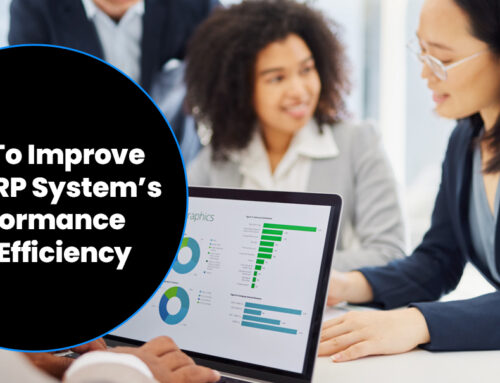
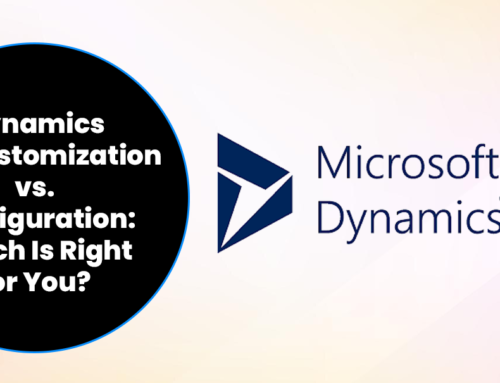

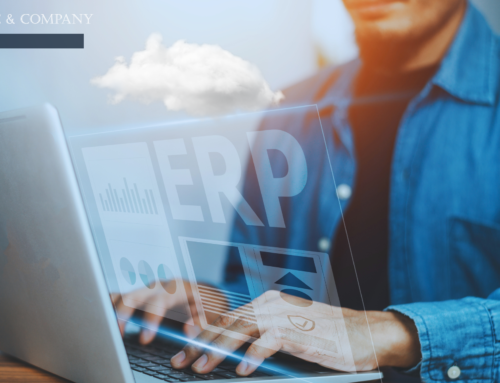

Leave A Comment